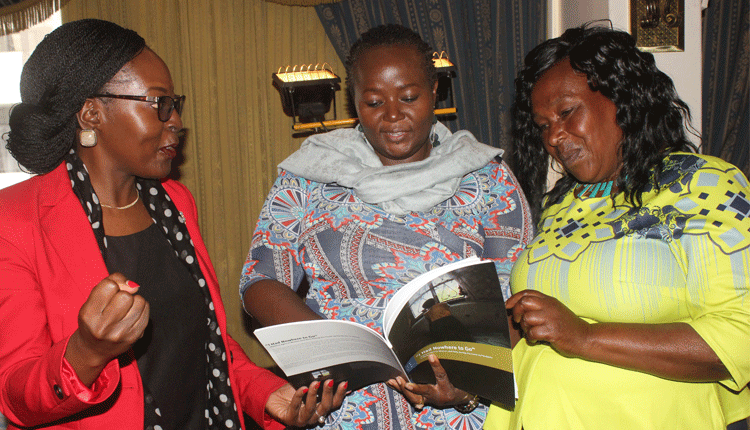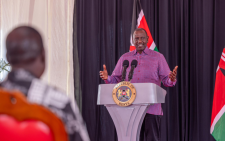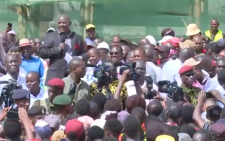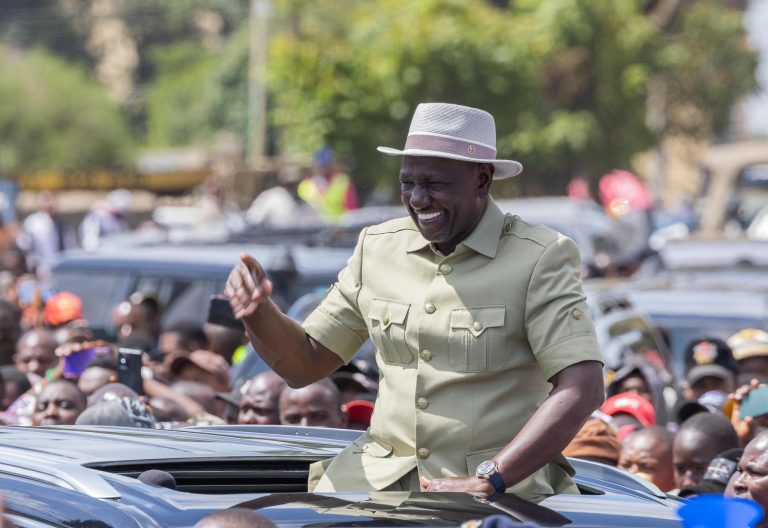Report shows ascent in GBV cases amidst Covid pandemic

*Rose’s husband was abusive prior to the Covid-19 pandemic.
He had been physically violent on multiple times and had even threatened to kill her on several occasions.
The abuse continued and escalated during the lockdown occasioned by the Covid-19 pandemic in March last year.
“I experienced the worst. I was going through hell and no one was there for me,” said Rose.
But Rose was not alone. Joy, 17, narrated her painful story of how she was raped by a stranger during the lockdown.
“He started talking to me telling me that I am nice. Next I knew he was forcing me down and he raped me,’ she narrated.
Though Joy was able to get help, she did not get any post-rape care, including emergency contraceptives and thus she got pregnant.
Magdalene, 22, said her husband evicted her and their three-year-old daughter from their home during the Covid-19 pandemic.
Violence increase
The revelations emerged during the launch of a report on Gender-Based Violence (GBV) increased during the Covid-19 pandemic.
The report was compiled by Human Rights Watch (HRW).
The lobby decried the surge of GBV cases accusing the government for failing to ensure that health, economic and social support services were available to women amid restrictions that affected their mobility.
“The government should have anticipated such an increase, but tragically as in the past, it turned a blind eye and failed to protect women and girls against violence.
Women who lose jobs can become solely dependent on male partners, and can sometimes be subject to a power imbalance that can lead to abuse,” said Head of Human Rights Watch Nairobi office Agnes Odhiambo.
Odhiambo said that they were able to establish that one in every three women experienced a case to do with (GBV) in one way or another.
The National Crime Research Center reported an increase of 87.7 per cent of gender-based violence cases between April and June 2020.
A national gender-based violence hotline also found a 301 percent increase in calls from women and girls in the first two weeks of the lockdown between March and April 2020.
The group documented various forms of violence against women and girls – including sexual abuse, beatings, being thrown out of the home, being forced to marry, and being forced to undergo female genital mutilation (FGM).
Further, Odhiambo said that government programs that supported financial support during the Covid-19 crisis such as an expanded cash transfer program lacked a strong focus On (GBV) and had little impact on survivors.
“It was a sad state of affairs that due to corruption and lack of transparency, those most in need did not receive vital Covid-19 cash relief promised by the government”, Odhiambo said.
The girls interviewed in the report titled “I had nowhere to go”said they experienced ongoing sexual harassment from men in their communities, some of who lured them with gifts of food or sanitary pads.
In another case, Juliet, a man who sexually assaulted her held a 16-year-old girl living in an informal settlement in Nairobi, captive for four days.
The report also indicated police and other state security agents have been key perpetrators of serious human rights violations and have been involved in many cases of rape and other sexual violence against women and girls.
While very few have faced justice, HRW’s findings indicate that police officers regularly demand bribes to carry out the basic functions of their job.
“The police will obviously ask you for money for them to help you,” Charlotte, a victim of GBV says in the report.











